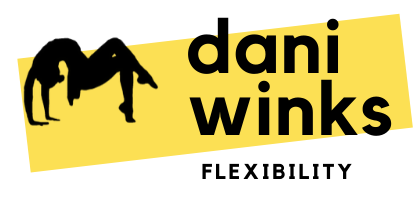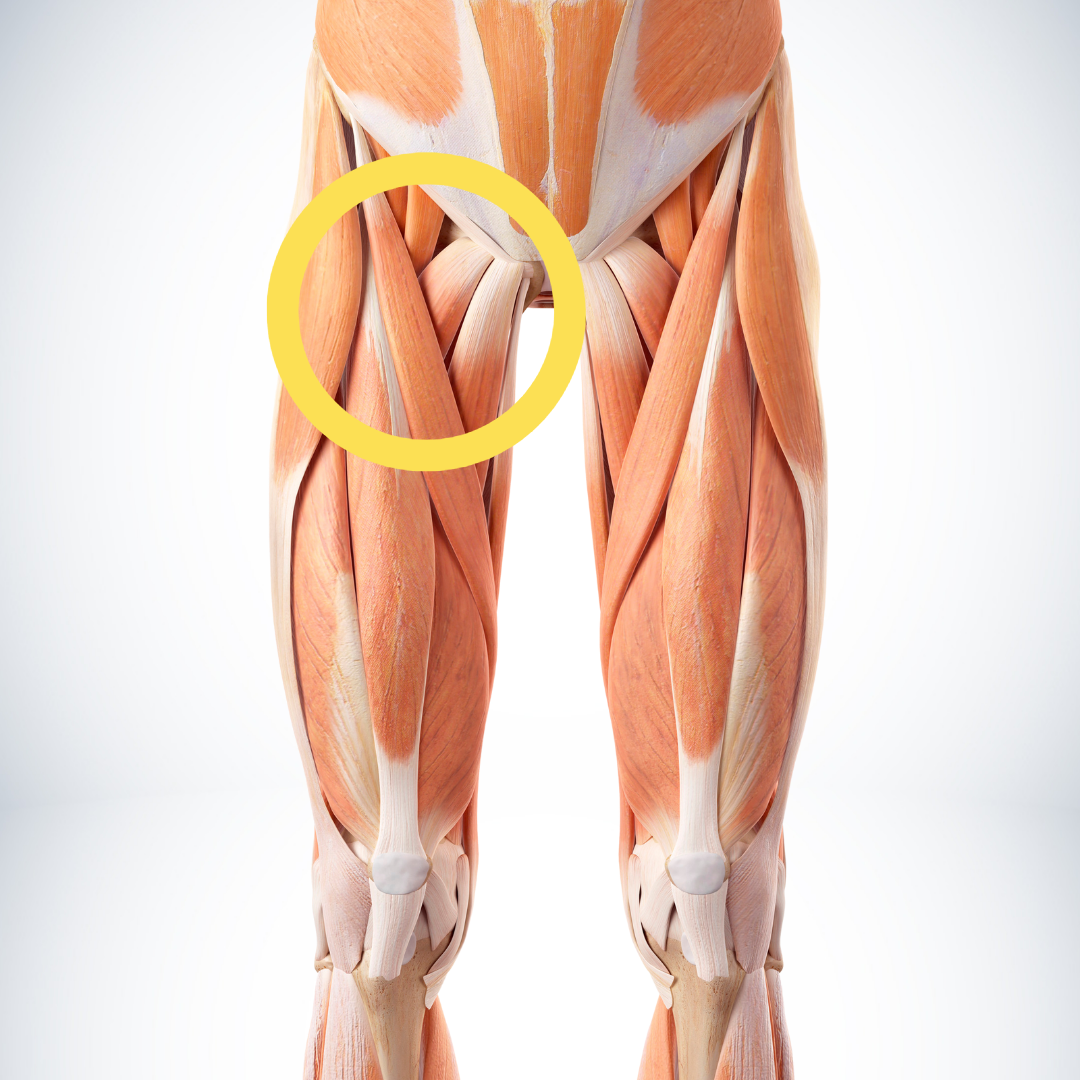Flexopedia
Welcome to the Flexopedia, a free online stretching library. Here you’ll find various types of exercises - from passive stretches to active end range strengthening drills aimed to improve your flexibility.
All exercises are grouped by main muscles stretched (ex. “hamstrings”) or main movement focus (ex. “hip external rotation”).
Currently I have tutorials documented for most of the major hips muscle groups:
Lower Body
Hips (General) (Under Construction)
Lower Leg (Not Available)
Calves
Shin Muscles
Ankle Plantar Flexion (Toe Pointe)
Ankle Dorsiflexion (Flexing the Foot)
Upper Body
Shoulders (Under Construction)
Shoulders (General) - under construction
Back (Under Construction)
Back (General) - under construction
Neck (Not Available)
Arms (Not Available)
Upper Arm
Wrist & Forearm
View Stretches by Muscle Group or Movement:
Hamstrings
Flexible hamstrings allow us to do movements like hinge at the hips to touch our toes, or lower the front leg in a front split. With the rise in an increasingly sedentary lifestyle, it’s pretty darn common to have tight (and/or weak) hamstrings - so if you’re looking to work on your hamstring flexibility, you’re in good company!
Hip Flexors
Our hip flexors are the muscles running across the front of our hip that we feel in a lunge, or in the back leg in a front split (they’re also the muscles that pull your hips “unsquare” when they’re tight!). For folks who sit a lot, it’s common for hip flexors to be tight/weak because they spend so much time in a shortened position.
Quads
Our quads are the large muscles that cover the front of our thigh, responsible for straightening our knee. One of our quads, the rectus femoris, also crosses the hip and serves as a hip flexor, and sometimes can feel tight in lunges where the back knee is bent.
Glutes
Our glutes are the muscles on the back of our hip that help us open our legs out to the side, or pull them backwards. We often spend lots of time training our glutes in a shortened position to support other stretches (ex. engaging our glutes in a lunge to push our hips forwards, engaging our glutes in a straddle to open our legs wider), so giving them some dedicated stretches can feel great! Plus, we need flexible glutes for positions that require hip external rotation.
Hip Rotation
Hip rotation is the range of motion describing our thighs rotating in relation to our pelvis (or our pelvis rotating in relation to our thigh bones). Some movement disciplines benefit from training hip rotation for specific skills (ex. “turnout” in ballet is all external hip rotation), but many students benefit from training hip rotation because our hip rotators are often considered some of the main stabilizers of our hip. Making sure these muscles are strong helps our body feel supported and safer working deeper in other ranges of motion as well!






